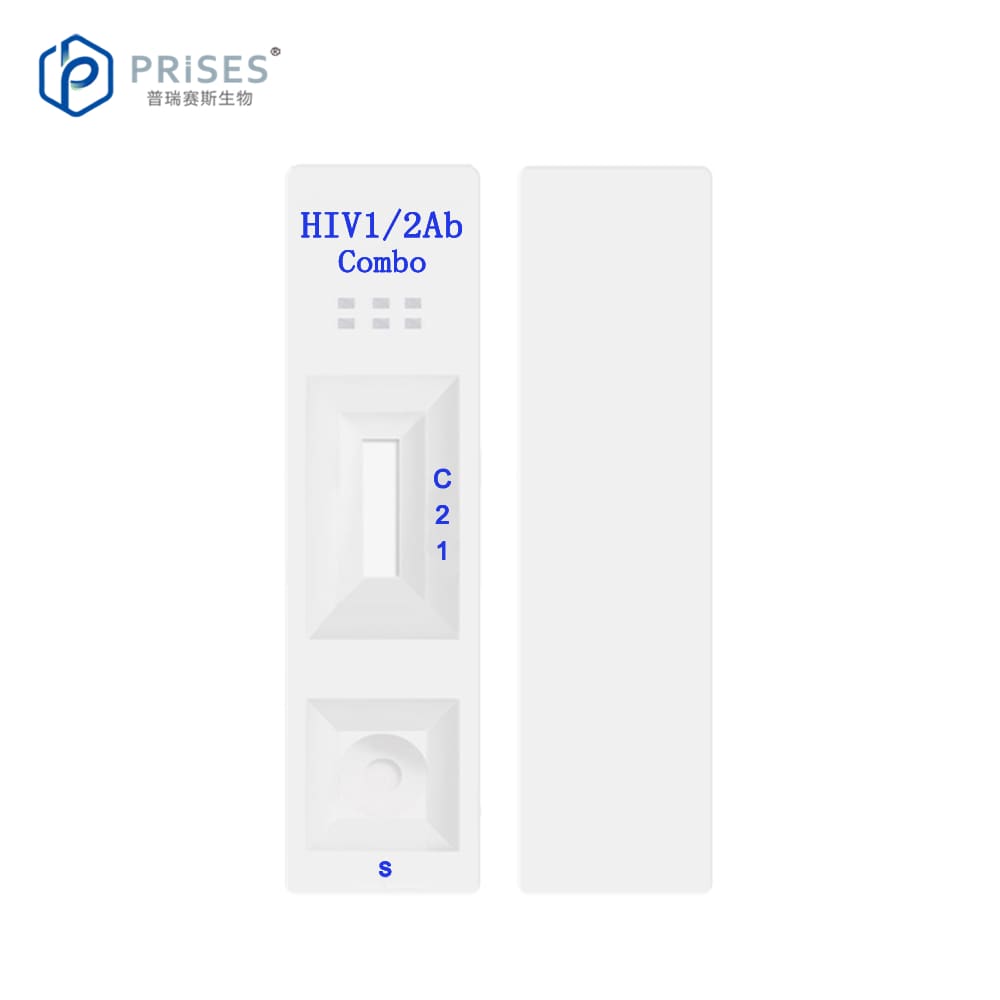Nov . 02, 2024 06:59 Back to list
test for dengue fever
Testing for Dengue Fever An Essential Public Health Tool
Dengue fever, a mosquito-borne viral infection, has become a significant public health concern in many tropical and subtropical regions around the world. With increasing global temperatures and urbanization, the incidence of dengue cases is on the rise, prompting the need for effective testing and management strategies. Accurate and timely diagnosis is crucial not only for individual patient care but also for controlling outbreaks and preventing further transmission.
Understanding Dengue Fever
Dengue fever is caused by one of four closely related viruses, which are transmitted primarily through the bite of infected Aedes mosquitoes, especially Aedes aegypti. The disease presents with symptoms including high fever, severe headaches, pain behind the eyes, joint and muscle pain, rash, and mild bleeding. While most cases are mild and self-limiting, dengue can progress to severe forms, such as dengue hemorrhagic fever or dengue shock syndrome, which can be life-threatening.
As of now, there is no specific antiviral treatment for dengue fever, making early detection and supportive care critical
. This underscores the importance of testing for the virus during outbreaks or in individuals who exhibit symptoms.Types of Diagnostic Tests
Various diagnostic tests are available for dengue fever, which can be categorized into two main types viral detection tests and serological tests.
test for dengue fever

1. Viral Detection Tests These tests identify the presence of the dengue virus in the bloodstream. The most commonly used method is the Polymerase Chain Reaction (PCR), which can detect viral RNA and confirm an active infection. PCR is highly sensitive and specific but is typically most effective within the first week of symptom onset.
2. Serological Tests These tests detect antibodies produced in response to the dengue virus. The two main types of antibodies are IgM (indicating recent infection) and IgG (indicating past infection). ELISA (Enzyme-Linked Immunosorbent Assay) is a widely used serological test. While serological tests can help identify cases later in the disease course, they may not be as effective in differentiating between primary and secondary infections.
The Importance of Timely Testing
Timely testing plays a vital role in managing dengue outbreaks. Health authorities rely on accurate data to track the spread of the virus and implement control measures such as vector control strategies and public awareness campaigns. Moreover, individuals receiving a timely diagnosis can access appropriate care, reduce the risk of severe disease, and minimize the likelihood of transmitting the virus to others.
In regions where dengue is endemic, establishing accessible testing facilities is crucial. Community education about the symptoms of dengue fever and the need for early medical consultation can significantly impact the control of the disease. Integrating testing into routine health care and creating awareness can help communities be better prepared to handle outbreaks.
Conclusion
As dengue fever continues to pose a challenge globally, the significance of testing cannot be overstated. By implementing robust diagnostic strategies, health officials can effectively respond to outbreaks, manage cases, and educate the public. Investment in research and development of more rapid and accurate diagnostic tests is essential for a proactive approach to tackling this infectious disease. Ultimately, a coordinated response involving timely testing and community engagement will be key to reducing the burden of dengue fever and protecting public health.
-
Highly Accurate hCG Pregnancy Test Strips - 5 Min Results
NewsAug.02,2025
-
Premium Empty ABS Plastic Cassettes: Durable & Lightweight Storage
NewsAug.01,2025
-
Accurate Cocaine (Coc) Rapid Test Kit | Fast & Reliable Detection
NewsJul.31,2025
-
Accurate HCG Pregnancy Test Strips | Fast Home Use Kit
NewsJul.31,2025
-
Reliable Early Pregnancy Test Kit Supplier - Multi Plastic Cassette Options
NewsJul.30,2025
-
Transferrin Rapid Test Cassette – Reliable Tumor Marker Detection
NewsJul.29,2025

